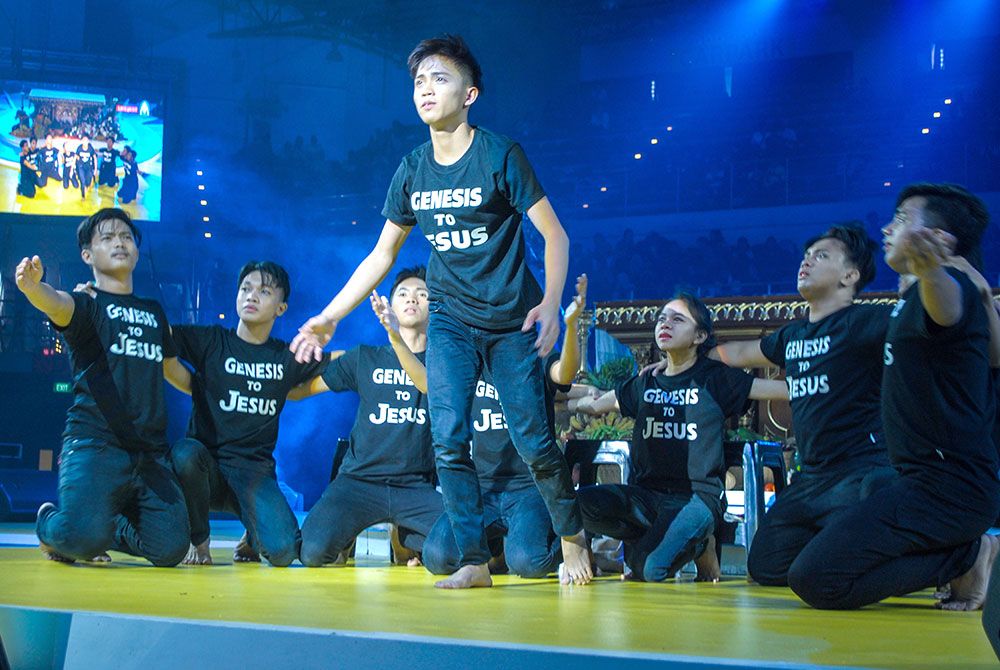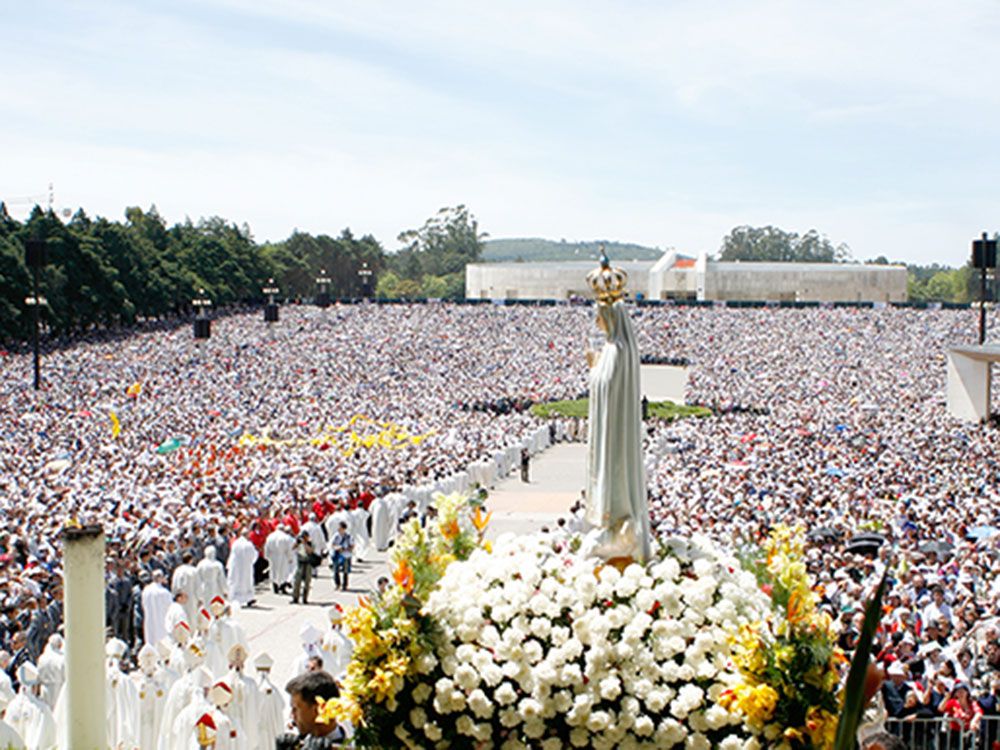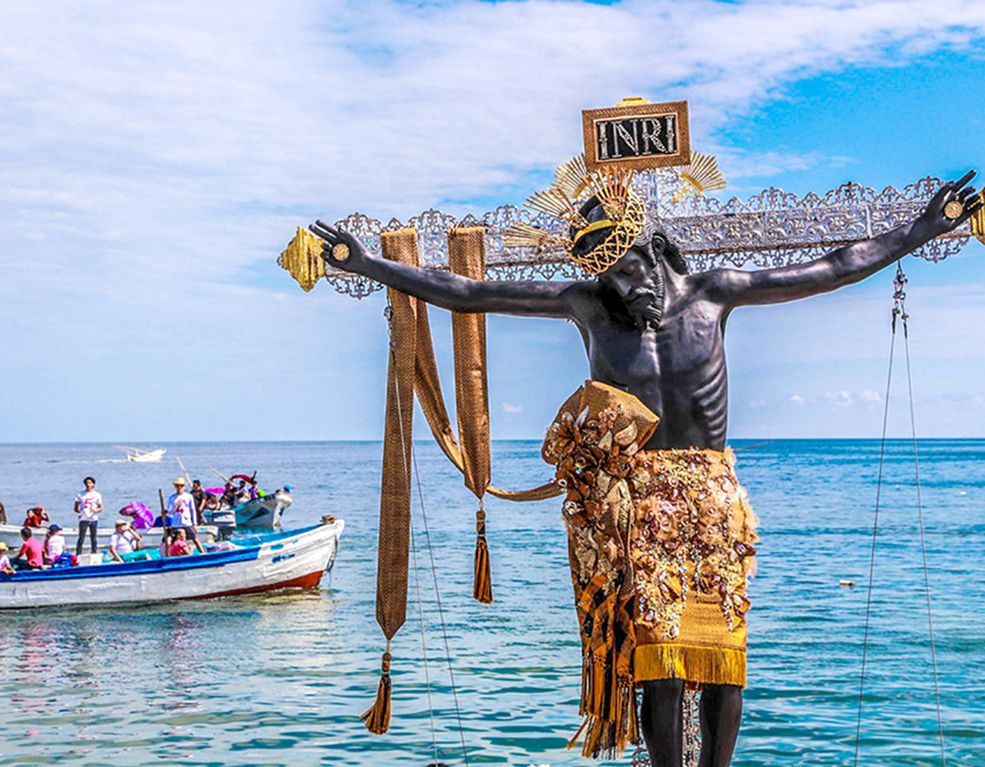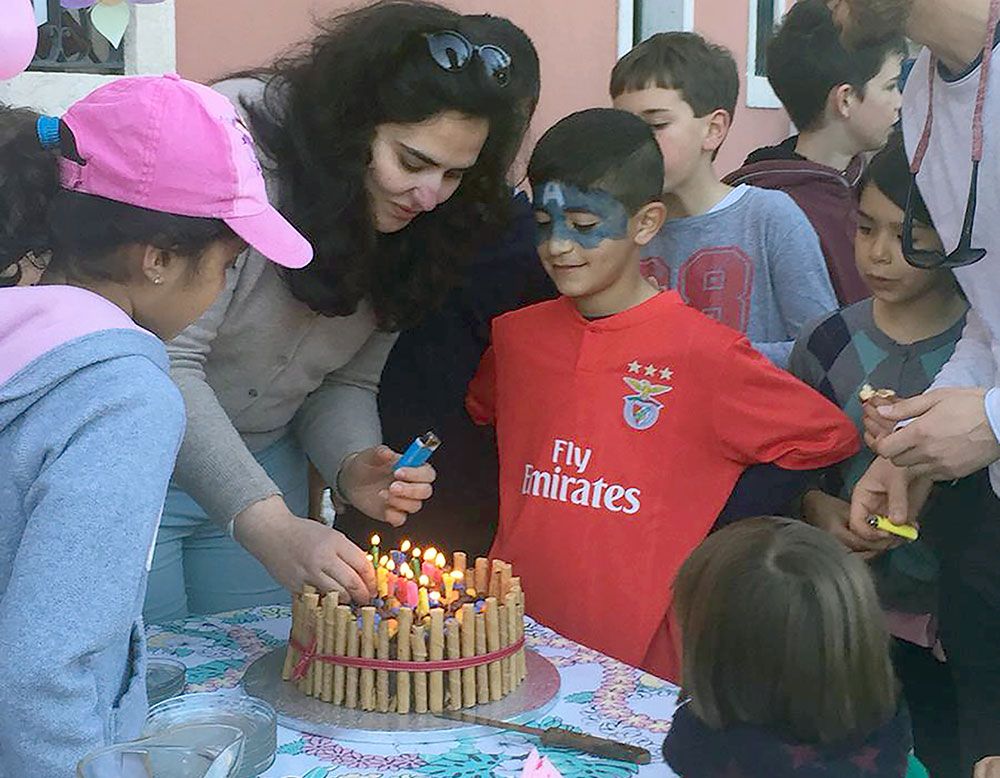I have memories from boyhood and adolescence of being wrapped up in books. Books were not only a way of escaping the world but also of entering it in a manner that was more intense, a way of discovering feelings, of working out how to live, or simply the way to enjoy the world’s greatest pleasure: reading.
My attention is on fiction. In the course of my adventurous life across continents, works of fiction have accompanied me every single day of my life, even when I was on safari in Africa, sleeping in a grass hut under the light of a candle or a kerosene lamp.
Unconsciously, I have always felt that this consuming passion for reading fiction was bringing balance and healing into my life. Books have done me good, not only to my knowledge of language and capacity of expression and communication, but also to my physical and psychological health.
Imagination
I was surprised to find that the intuition I always had i. e. that imagination is important in life was already formulated by Albert Einstein: “Imagination is more important than knowledge. For knowledge is limited to all we now know and understand, while imagination embraces the entire world.”
Imagination is not important only for knowledge, but more so for mental health and wholeness. The conviction of the therapeutic value of works of imagination goes back to the experience of the ancient world. Catharsis is the cleansing of emotions — particularly pity and fear — through art that results in renewal and restoration.
The production of fiction in our contemporary world is enormous. Fiction books are bought at stalls in railways stations or airport lounges together with cigarettes and packets of chips. They are objects of consumption and the catharsis is a full stomach, satisfaction.
To follow an author is to become familiar with a formula which is repeated and expected to appear: the catharsis is play. More profoundly, it is the language of the writer, his style that we admire and enjoy; then the catharsis is esthetics. All these aspects do have a therapeutic value even if superficial.
Action Books
I started my reading adventure with action books. Alistair MacLean, the author of The Guns of Navarone (1957), was my favorite writer. Many years later, I now understand that his works were in fact romance novels for boys, which means very little romance and lots of danger, complicated weaponry and battle-forged camaraderie.
Then came the passion for Dick Francis. His first thriller Dead Cert (1962), like its successors, is set in the world of horse racing. Subsequently he regularly produced a novel a year for the next 38 years. All the novels are narrated by the hero, who in the course of the story discovers himself to be more resourceful, braver and wittier than he had thought, and usually finds a certain salvation for himself as well as bestowing it on others.
Details of other people’s occupations fascinated Francis, and I found myself immersed in the mechanics of such things as photography, accountancy, the gemstone trade, restaurant service on transcontinental trains — but always in the interest of the plot. Many a night I have slept late because of the lean style of Dick Francis and his plots. But since it did me good, it brought with it the sleep of the just.
Modern Qoheleths
With age came the discovery of more sophisticated writers whose outlook did not include the mystic dimension, but had a cheap philosophical grin, mostly more cynical than others. Their view of human nature reminded me of the disenchanted expressions of the preacher, Qoheleth. Raymond Chandler is the most remarkable of them.
In my opinion, his most meaningful character is the mysterious Rusty Reagan of his first novel The Big Sleep (1931). Everybody is looking for him. He has already disappeared before the story starts and only at the end of the book his fate is revealed: he has fallen victim to one of the deadly female characters that was typical of Chandler’s stories.
So, the cynical, philosophical conclusion, there remains a certain nobility in the fact that the detective does not disclose the fate of Rusty so that the old man, the unknowing father of the killer, may maintain a good memory of the young man he admired and loved with fatherly affection:
“What did it matter where you lay once you were dead? In a dirty dump or in a marble tower on top of a high hill? You were dead. You were sleeping the big sleep. You were not bothered by things like that. Oil and water were the same as wind and air to you. You just slept the big sleep, not caring about the nastiness of how you died or where you fell. Me, I was part of the nastiness now. Far more a part of it than Rusty Regan was. But the old man didn’t have to be. He could lie quietly in his canopied bed, with his bloodless hands folded on the sheet, waiting. His heart was a brief, uncertain murmur. His thoughts were as grey as ashes. And in a little while he too, like Rusty Regan, would be sleeping the big sleep.”
Nostalgia Of The Heights
Elmore Leonard, a writer of the criminal world, is my last discovery. His disillusioned approach to the characters of people outside the law is made interesting by an appealing degree of humanity. He occasionally uses the same character in more than one novel, and admitted that his main character was often “the same guy with a different name.”
The stringent style, the perfect dialogue, and the contemporary idiosyncratic settings: all contribute to the popularity of Elmore Leonard’s stories many of which have been made into successful movies. He was educated by the Jesuits and in quite a few novels he mentions Catholic practices often with light irony. This makes the characters more realistic and interesting. His protagonists who had no religious depth are all dull to me. Crime can be quite boring.
Bandits (1987) is possibly the most fascinating crime story he has written. Set in New Orleans it is pulsating with the beat, sights, smells of that easy-going city. What makes it special is the first fully realized and most endearing heroine, the lovely, dark-haired, five-foot-three Lucy Nichols, a slender ex-nun in pressed Calvins; Jack, the ex-con who thinks he has gone straight; and Roy, the ex-cop whose career was cut short by a prison term. Here in New Orleans they have stumbled onto a cache of several million dollars on its way to the Nicaraguan Contras — and they have a plan.
Together they are going to make out like bandits! Sister Lucy wants to rebuild the lepers’ hospital which the contras have destroyed. She is leaving the order of the Sisters of Saint Francis of the Stigmata, but she reminisces her fascination to St. Francis of Assisi’s love story. The unusual setting made of ex-cons gives a special flavor to the whole novel and somehow gives a taste of a humanity with a certain spiritual depth, caught as a glimpse of higher realities.
Greeneland
I am indebted to three great writers — Graham Greene, Evelyn Waugh and Endo Shusaku — for the experience of catharsis as religious ecstasy. These writers have accompanied me for many years, for the best part of my life. All their production has been the object of my long love, visitation, and re-visitation at distance of time, reflection, and enchantment. The fact that they are all converts to Catholicism certainly resonated in my mind and aroused my interest as a believer and I could identify with their characters and their drama.
Graham Greene’s novels often have religious themes at their center. Suffering and unhappiness are omnipresent in the world Greene depicts, and Catholicism is presented against a background of unvarying human evil, sin, and doubt.
Greene concentrated on portraying the characters’ internal lives— their mental, emotional, and spiritual depths. His stories are often set in poor, hot and dusty tropical places such as Mexico, West Africa, Vietnam, Cuba, Haiti, and Argentina, which led to the coining of the expression “Greeneland” to describe such settings and spiritual landscapes of the characters who inhabit them.
The Power and the Glory (1940) takes place in revolutionary Mexico, where the church is banned and priests are outlawed. A bad priest, guilty of drunkenness and lechery, is sustained by his original commitment when confronted with the ultimate challenge. The bad priest emerges almost as a saint at the conclusion. The book established Greene as a novelist, but did not prove the satisfaction that the Catholic religion was really important for him. So are his many other books, but they are wonderful stories.
God’s Works Of Grace
Brideshead Revisited: The Sacred and Profane Memories of Captain Charles Rider (1945) by Evelyn Waugh is a complex work about an old Catholic family and it is considered his best novel. Its popularity is justified by the ten-hour TV-series by the same title, starring Jeremy Irons playing the part of Charles Ryder.
The story is an attempt to trace the workings of divine purpose in a pagan world. Ryder is an innocent pagan who enters the world of the great Catholic family and his behavior is conditioned by his response to them. The members of the family are all flawed in different ways, and yet the mysterious work of God’s grace passes through their weaknesses and makes them people whose lives become meaningful, if not beautiful, in unexpected ways. In the end Charles is attracted by the faith which works in the life circumstances of the beloved members of this unusual family.
The trilogy Sword of Honor (1952-1961) presents Guy Crouchback, an honorable man with no place in the modern world. He receives no consolation from personal relationships or from his religion but World War II gives him opportunities to establish some sort of identity.
In The Chaos Of WW II
By the end of the second volume Crouchback has been stripped of his illusions about the army. He has also re-married his shallow, bird-brained ex-wife Virginia, who is pregnant by another man. His charity towards her is the only sort of disinterested action possible in a corrupted world.
In the last volume, Crouchback volunteers to serve the Italian military government and eventually goes to Yugoslavia as a liaison officer with the Partisans. By the end of the book he has again asserted himself in the rescue of a group of Jewish refugees.
The words of one of them, a woman, bring him to a devastating realization of the kind of man he used to be: “It is too simple to say that only the Nazis wanted the war. The communists wanted it too. It was the only way they could come to power. Many of my people wanted it, to be revenged on the Germans, to hasten the creation of the national state… Even good men thought their private honor would be satisfied by war. They could assert their manhood by killing and being killed. They would accept hardships in recompense by having been selfish and lazy. Danger justified privilege. I knew Italians – not very many perhaps — who felt this. Were none in England?” “God forgive me,” said Guy, “I was one of them.”
Symphony Of Humanity
Endo Shusaku, the Japanese convert to Catholicism, in his masterpiece Silence (1966), focuses on the drama of apostasy caused by the will of avoiding the suffering of the weak. It is the suffering of Christ Himself who speaks in a dream to the Jesuit missionary: “Tread on me, tread on me! For this I came into the world…”
His other beautiful novels are less paradoxical but as much dramatic like The Samurai (1981), The girl I left behind (1964), Wonderful Fool (1959), Scandal (1986) and Deep River (1994). Amazing how in every novel the center is occupied by the figure of the suffering Christ! Endo Shusaku is not an easy writer, but the catharsis is so powerful on the reader who perseveres to the end! I call it ecstasy.
What has inspired him most is the depth of humanity that is evoked by the Christian view of human nature and human destiny. Endo compares it to a symphony. He writes: “If I have trust in Catholicism, it is because I find in it much more possibilities than in any other religion for presenting the full symphony of humanity. The other religions have almost no fullness; they have but solo parts. Only Catholicism can present the full symphony.”
Good Company
Satisfaction, play, aesthetics, grim philosophy or spiritual ecstasy: all these spontaneous reactions to the faithful reading fiction constitute an invaluable therapy which is made more efficacious when the stories are turned into movies, as is the case of almost all the productions of these writers. Martin Scorsese’s Silence (2016) is from the novel of the same title by Shusaku Endo: a movie which stayed in the mind of the director for more than twenty years, yet when at last it appeared it was of a singular beauty, touching objects of reflection and contemplation.
There is still no thrill like turning a page of a book that you like. Nowadays, people are still reading but they are reading in a different form. They are gradually changing their habit: online materials are slowly gaining influence among the people. The “physical books” are still preferred by an older reading class and online publications appeal more to the young. Still I will never be caught dead without a physical book of fiction in my hands, especially during my travel. Fiction! I still bring three books with me, even if they take much baggage space: good company to my maintenance drugs!





























